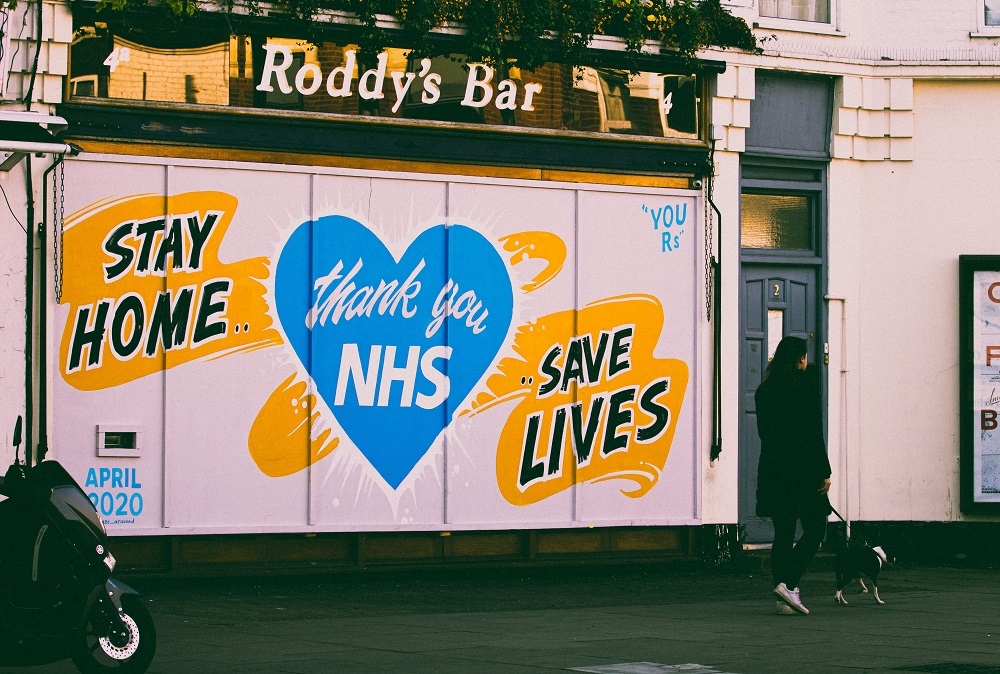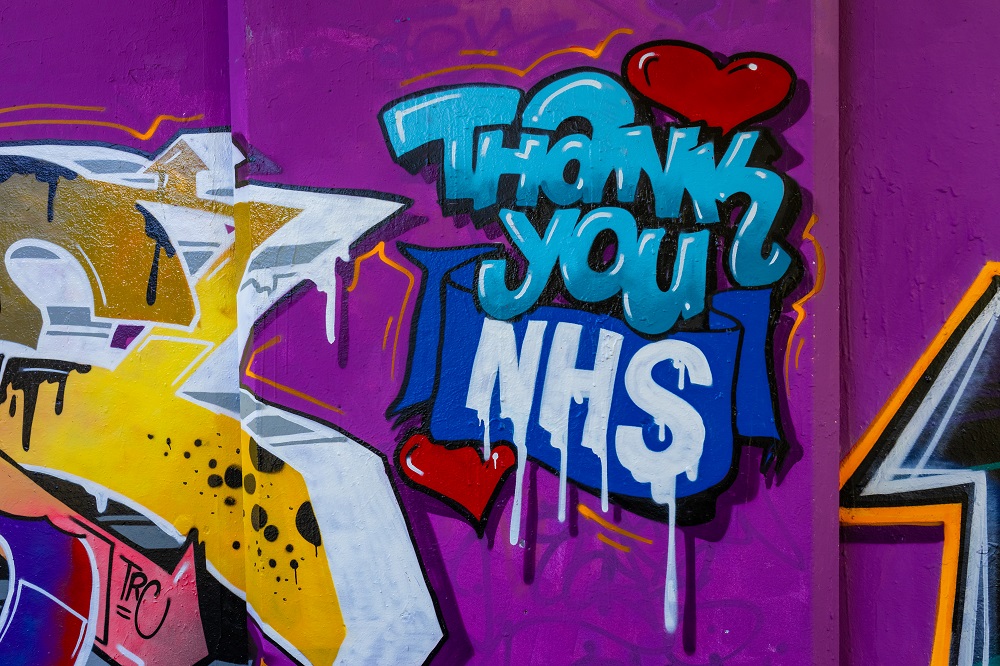A London nurse is “in awe” of what she has seen and heard from colleagues working around the clock to save the lives of Covid patients laying in intensive care.
Speaking anonymously, the nurse told us she answered a “call to arms” which came via a Whatsapp message on New Year’s Eve.
Despite being near her retirement, with a full-time job as a community nurse, she turned up at a central London hospital on New Year’s Day for a 12.5 hour shift, and has several more booked in.
“I worked with the most amazing people,” she said.
“Some of them were regular staff, bolstered by the extra volunteers. I met a retired GP and a dermatologist and all sorts of people. You have dentists asking what they can do.”
The mass redeployment of staff comes as other parts of the NHS are put on pause, and as infection rates and Covid hospitalisations continue to soar.
NHS data shows that 6,733 patients were being treated for Covid throughout London on January 4, up from 4,957 just seven days earlier.
Describing the scene in intensive care, she said: “The ward I am on is one of multiple that have been created. The hospitals are flexing every area to increase capacity.
“Most wards are about 30 patients. In intensive care, ratios [of nurses to patients] would normally be one-to-one. At the moment we’re managing that because lots of people are working extra shifts. They have pulled out all the stops to get people in.”
She continued: “You’re doing your job in full PPE. You’re hot and sweaty. You get breaks but you don’t know when to drink or go to the toilet. If you do you have to take all of the gear off and then don another set of PPE.”
What you hear in intensive care is a relentless compression and decompression of ventilators.
“All of the machines make a noise but the intensivists [intensive care staff] have an amazing ability to hone in on particular sounds that the equipment makes,” the nurse said.
NOW READ: Calls for international travel restrictions as Covid lockdown takes hold
“The equipment is designed to warn you if anything is going wrong so you will hear an alarm. Things can happen all the time so you have to keep an eye on them. You’ve got to be watching and understanding what the numbers mean and the consequences of each action. It’s mentally exhausting.”
Occasionally the sound will be punctuated by a patient’s Zoom calls with their family.
“But when you’re on a ventilator,” she said, “you’re generally unconscious, so there’s not always much talking to the patients.
“For the patients who are awake, you try to have a joke and a laugh with them. You’ve got to make things nice for them as much as possible.
“Time doesn’t go very quickly. 12 hours is 12 hours. It’s a very long time.”
She added: “The work I’m helping with in ICU is things that always need doing like bathing and grooming patients, stocking up or checking a patient’s blood gas… how much oxygen and electrolytes are in their blood.”
As well as rising infection rates, another reason why patient numbers are increasing, the nurse said, is because “we’ve got better at keeping people alive. So people are needed in more beds. But it’s not just about a bed with a mattress, it’s all the equipment and people you need as well.”
She emphasised that an overlooked part of the story is how “people working in healthcare are amazing, compassionate people”.
“Yes we’re tired. It’s emotionally draining because it’s such a damaging illness. But if you keep going on about how the staff are feeling, it can come across that they’re not able to do their job. Patients are still being looked after amazingly.
“There’s camaraderie and mutual support. You need to celebrate the good things. Yes it’s tiring and you see tragic things. But we are a caring profession and that’s about caring for each other, not just for the patients.”
She had a message for anyone who might be able to help: “If people are out there who used to be clinical workers, don’t be afraid to volunteer. Volunteer at your local hospital that has an intensive care ward and see if they need people. You don’t have to be an intensive care specialist to do something that will make a difference to the staff and the patients.
“I’m in absolute awe of what they’re doing. I’m just there to prop them up.”
For the latest headlines from the City of London and beyond, follow City Matters on Twitter, Instagram and LinkedIn.








